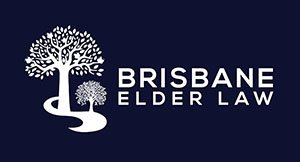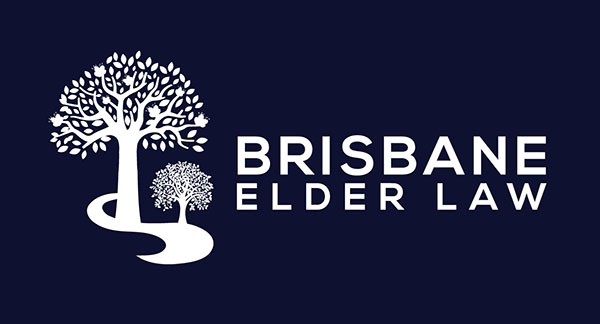Estate Management
Estate Management
When a person dies their Will must be administered, their assets must be dealt with, their debts must be paid, and any bequests to beneficiaries must be distributed.
An Executor is the person named in a Will who the deceased wishes to administer the estate. If there is no will, then someone must apply to the court to be appointed as Administrator of the estate.
The Executor or Administrator is responsible for the deceased’s property and for payment of all outstanding debts and taxes from the estate funds before distributing the net assets of the estate to the beneficiaries of the Will.
The Executor or Administrator’s duties include:
- Protecting and auditing the deceased’s assets and obtaining valuations for assets;
- Applying to the Supreme Court for a grant of probate or letters of Administration;
- Contacting the beneficiaries of the estate to advise as to entitlements under the Will (or the next of kin in an Intestacy;
- Collecting and recovering (where appropriate) the deceased’s assets;
- Where assets are not able to be collected, maintaining the assets of the deceased;
- Paying any debts of the deceased owing prior to death and any incurred during the course of the estate’s administration;
- Defending the Will of the deceased where litigation is commenced against the estate;
- Obtaining advice in relation to and attending to any tax liability of the deceased;
- Ensuring that a statement of assets and liabilities is maintained and provided to beneficiaries upon request and at the conclusion of the administration of the estate; and
- Making a distribution of the deceased’s assets to those beneficially entitled in accordance with the Will or the Intestacy Rules.
An executor also acts as trustee of the estate in holding assets on trust for the beneficiaries, for example where beneficiaries are minors or are otherwise unable to hold their entitlements under the Will.
A trustee manages money, investments, or assets on a continuing basis for the benefit of certain beneficiaries according to the wishes of the deceased.
An executor must not make distributions to beneficiaries until he or she is sure that there is no likelihood of a claim being made for a share of the estate.
What steps does an executor need to take?
The executor’s first task is to determine the assets (and protect them) and the liabilities of the estate.
We therefore request the executor send to our office the following documents and papers:
- Original Death Certificate once it has been received from the funeral home;
- Any cheque books or passbooks for the deceased’s bank accounts;
- Details of private health insurance and Medicare;
- Registration details for any vehicle or boat held by the deceased;
- Any accounts payable by the Estate; and
- Any other relevant documentation (including details of term deposits, life insurance policies and any documents held by the deceased’s accountant).
On receiving this information, we then correspond on behalf of the executor with the asset holders (e.g. banks) and with the creditors to determine the financial details so that a comprehensive statement of assets and liabilities can be finalised.
Find out more
Want further advice on Estate Management? Don’t hesitate to contact us, either by calling or completing an enquiry form.

